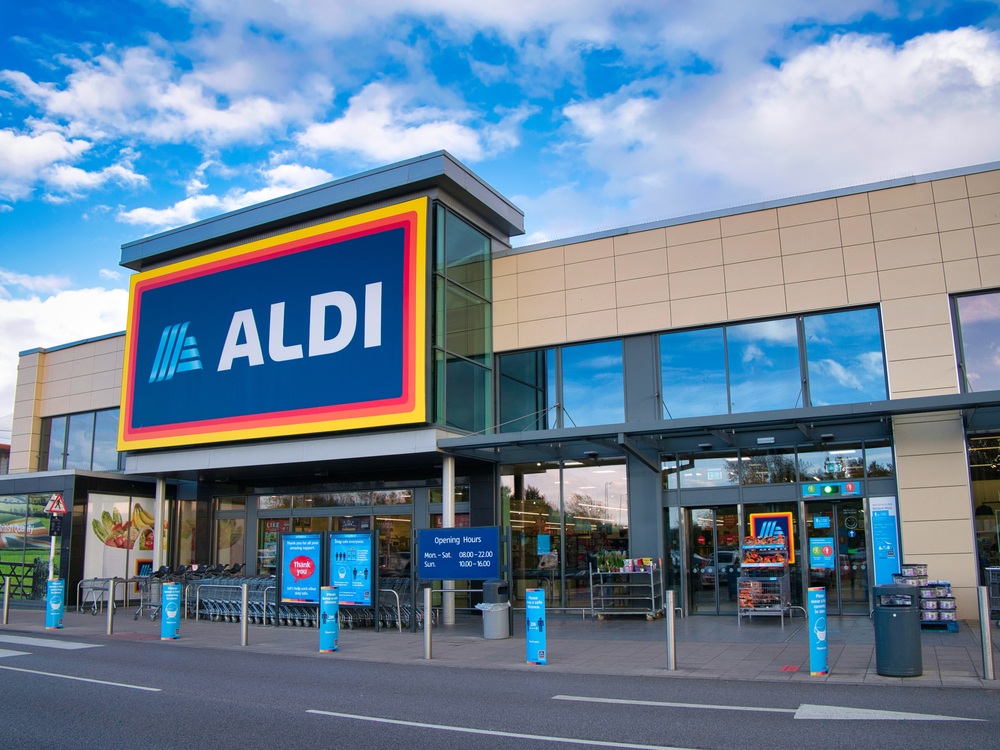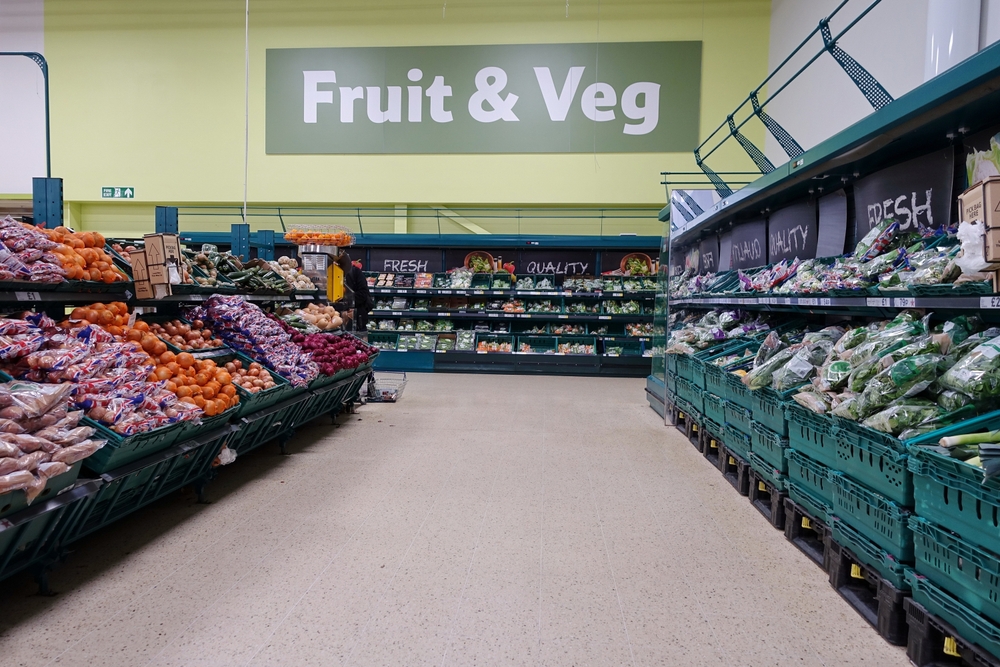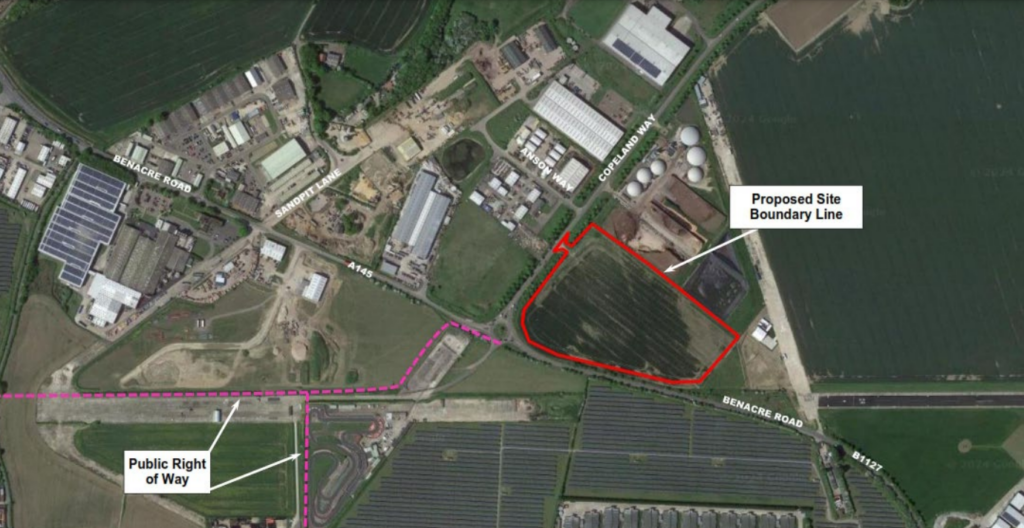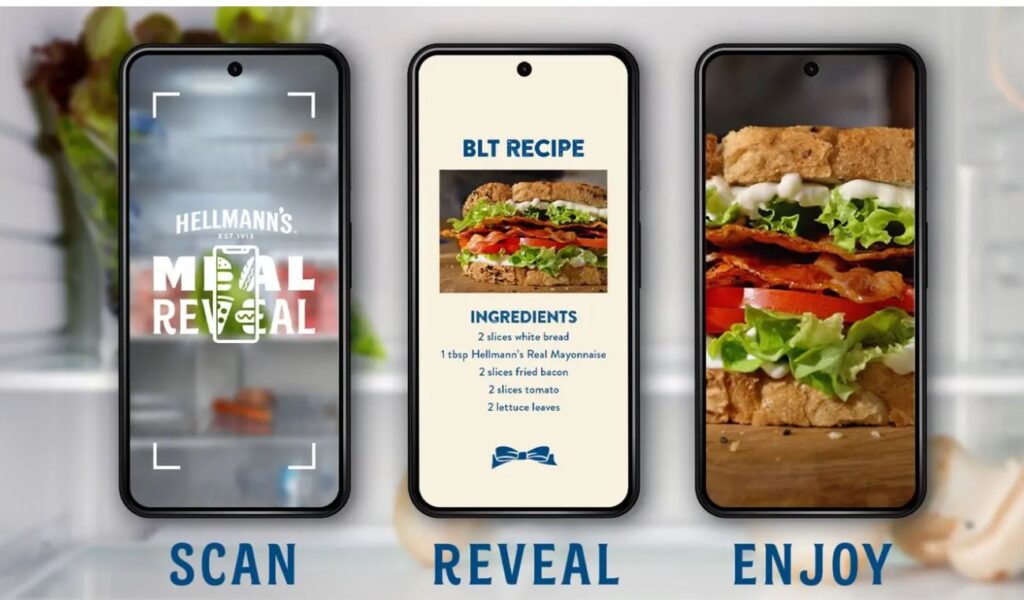WRAP, in association with the Food Standards Agency and Defra, has developed best practice guidance it estimates could cut household food waste by at least 350,000 tonnes per year if fully implemented.
The guidance focuses on the “most wasted” items – including fruit and vegetables, meat, dairy and bread – and covers the type of date label applied, if ‘open life’ statements are used and the presence and efficacy of storage, freezing and defrosting advice, among other things.
Today (16 November), WRAP published a report showing the progress made by 11 major retailers towards implementing its best practice guidelines between August 2021 and March 2022, following previous reports in 2009, 2011, 2015 and 2019.
WRAP found retailers had made “excellent progress” in areas including date labels on milk and yoghurt, but more work needed to be done to remove date labels from uncut fresh produce.
Catherine David, WRAP’s director of collaboration and change, said: “With cost-of-living and food prices rising, it’s never been more important to help people avoid costly food waste, which for many families can top £730 a year.
“How food is sold and labelled can have a huge influence in helping people better manage food at home.”
Best practice
The report shows the amount of uncut fresh produce without a consumer-facing date label has fallen since 2019, despite WRAP calling for their removal.

There has been a “noticeable increase” in yoghurt and milk with a ‘Best Before’ date instead of a ‘Use By’ date, WRAP says.
The amount of hard cheeses with no ‘open life’ statement indicating how long the retailer or brand estimates the food should be given to eat once the pack has been opened – which WRAP recommends removing where possible – is up from 1% in 2019 to 19% in 2021/22. WRAP also found an increase in products with no ‘open life’ statement across meats in general.
WRAP found general storage advice “remains good” in terms of where best to store items, with a marked increase in advice promoting numerical fridge temperature settings, rising 10% on 2019 levels to 41% on relevant products.
Conversely, WRAP found a reduction in the use of the ‘little blue fridge’ icon, which indicated items should be stored in the fridge below 5°C to extend their shelf life, across all categories except ready meals.
Freezing and defrosting advice has seen “many improvements”, WRAP says, with the increased use of the snowflake icon indicating freezing options on bread, meat, and poultry items. WRAP recorded a significant increase across the board on defrosting advice, from 27% in 2019 to 67% in 2021/22.
Survey
The 11 major retailers WRAP surveyed include Aldi, Asda, The Co-op, Iceland, Lidl, Marks & Spencer, Morrisons, Ocado, Sainsbury’s, Tesco and Waitrose.

The survey looked at own-label products from the supermarkets, as well as brands including Albert Bartlett, Richmond, Walls’s, Arla, Cathedral City, Muller, Yeo Valley, Hovis, Kingsmill and Warburtons.
WRAP says the changes made by retailers since 2019 represent a “substantial achievement” given the Covid-19 pandemic, logistics challenges and the war in Ukraine.
The climate action NGO also says the retailers action plans and responses to the survey results “reflect a significant commitment to further change”.
Food
The food system accounts for up to 37% of global greenhouse gas emissions, WRAP says, and up to 40% of food produced is wasted. WRAP says around 9.5 million tonnes of food are wasted in the UK each year.

Commenting on the report, environment minister Rebecca Pow said: “WRAP’s survey shows the great strides taken by retailers in helping people to tackle food waste, but also how much work there is still to do.
“Fighting food waste needs action from industry, government and consumers and I look forward to working closely with our partners again to achieve this.”
Related links
WRAP retail survey
WRAP’s 2019 Best Practice Labelling Guidance












Subscribe for free